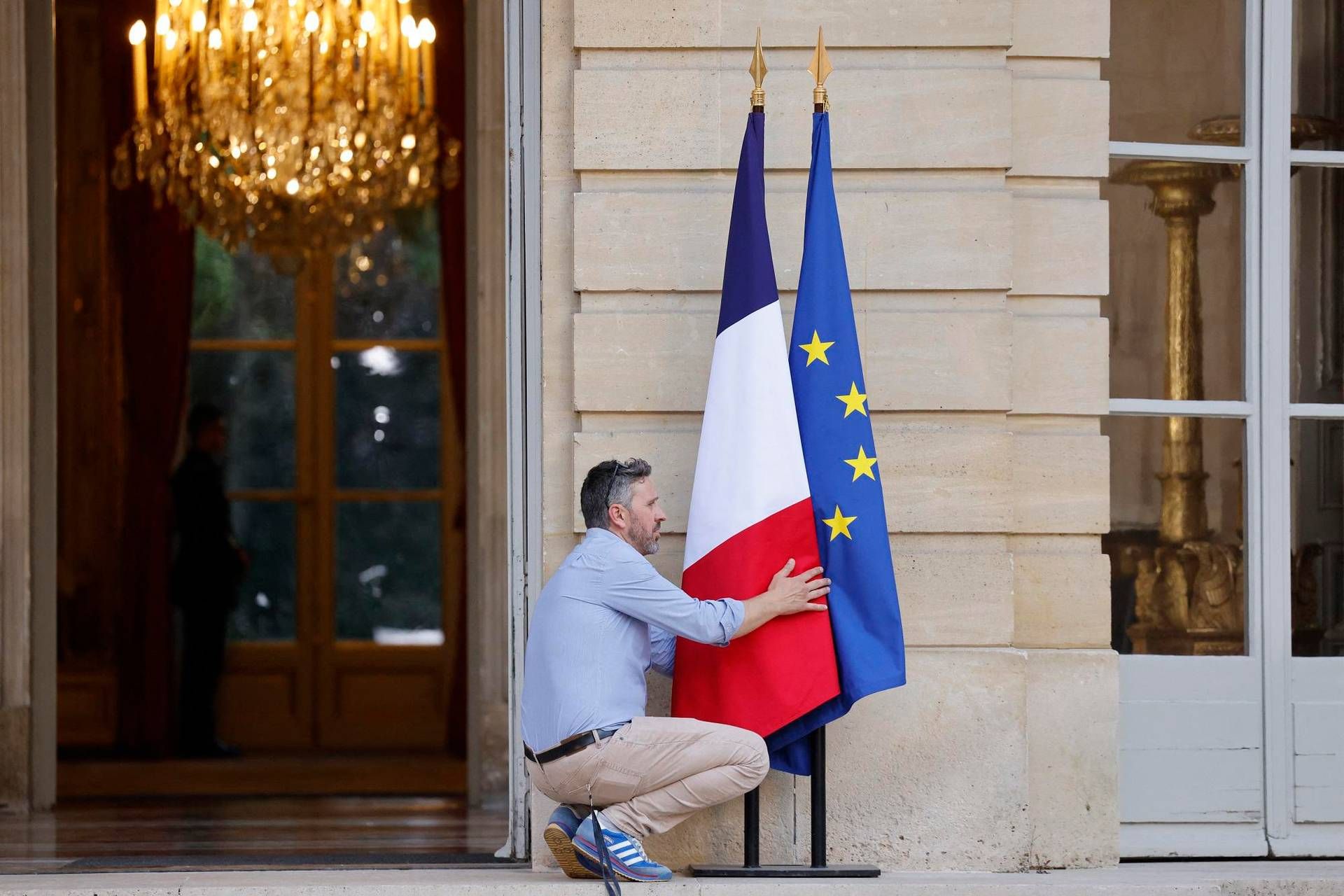The European Union responded to the results of France’s legislative elections with minimal commentary, stating that the Rassemblement National is the leading party, but far from an absolute majority in the National Assembly. The French Parliament. The EU typically refrains from commenting on Member States’ election outcomes, according to Eric Mamer, a spokesperson for the European Commission.
Despite the Rassemblement National’s success, the EU is concerned about the far-right potential government in France. The election weakened President Emmanuel Macron, who stands for centrist policies aligned with the EU ‘consensus’. Macron’s popularity has waned in France, evident in previous protests by the Gilets Jaunes. The left-wing of French politics remains divided, posing challenges for center-left governance in the country.
The EU’s efforts to unite pro-European forces amidst the far-right rise face some challenges. The economic instability of a potentially far-right-led France may impact the EU’s fiscal policies. Concerns about public debt, budget deficits, and financial market repercussions in France loom large, potentially affecting other EU economies like Italy.
As the EU grapples with the rise of far-right nationalism in its member states, the strategies of engagement versus exclusion come into question. The EPP has set red lines for dialogue with nationalist forces, excluding those like Marine Le Pen’s Rassemblement National that do not align with EU values. However, some argue that excluding these parties may only further consolidate their support and undermine democratic processes within the EU.
The implications of domestic political changes in EU member states, like France and Austria, could impact the decision-making process at the EU Council. A far-right government in France could potentially disrupt legislative work at the EU level. Countries like Italy, Austria, and the Visegrad Group might have increased influence in shaping EU policies under such circumstances.
The upcoming elections in Austria, Germany, and the US will further shape the political landscape in Europe and beyond. As key leadership positions within the EU are decided, the bloc aims to quickly close the nomination process. The EU’s ability to navigate the challenges posed by far-right nationalism and geopolitical shifts will be crucial in shaping its future trajectory.
